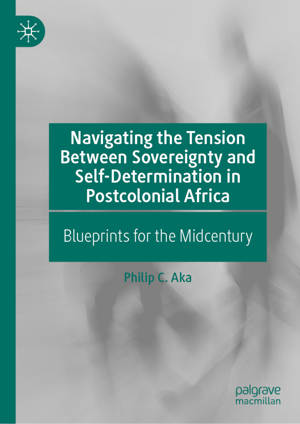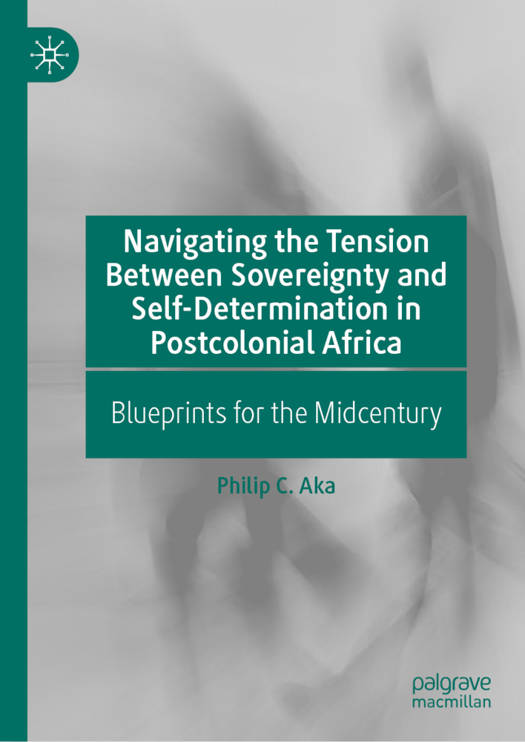
- Retrait gratuit dans votre magasin Club
- 7.000.000 titres dans notre catalogue
- Payer en toute sécurité
- Toujours un magasin près de chez vous
- Retrait gratuit dans votre magasin Club
- 7.000.000 titres dans notre catalogue
- Payer en toute sécurité
- Toujours un magasin près de chez vous
Navigating the Tension Between Sovereignty and Self-Determination in Postcolonial Africa
Blueprints for the Midcentury
Philip C AkaDescription
This book addresses the unique challenges faced by Africa regarding peaceful self-determination. Unlike other regions, Africa has seen limited success in nonviolent self-determination campaigns. Since 1989, only three African nations - Namibia, Eritrea, and South Sudan - have joined the UN after enduring prolonged and violent struggles for independence. In a world characterized by constant change, border alterations typically require armed conflicts in postcolonial Africa.
In response to this disconcerting trend, the book offers pragmatic blueprints for achieving peace, emphasizing constitutional approaches to navigate the delicate balance between sovereignty and self-determination. The work delves into the complexities of five self-determination struggles spanning three African countries, providing valuable insights into the challenges faced. It distils six critical lessons from these case studies and presents fourteen blueprint proposals tailored to address the unique dynamics of postcolonial Africa, where reconciling sovereignty and self-determination remains a pressing concern.
Spécifications
Parties prenantes
- Auteur(s) :
- Editeur:
Contenu
- Nombre de pages :
- 485
- Langue:
- Anglais
Caractéristiques
- EAN:
- 9783031481307
- Date de parution :
- 17-01-24
- Format:
- Livre relié
- Format numérique:
- Genaaid
- Dimensions :
- 148 mm x 210 mm
- Poids :
- 757 g







